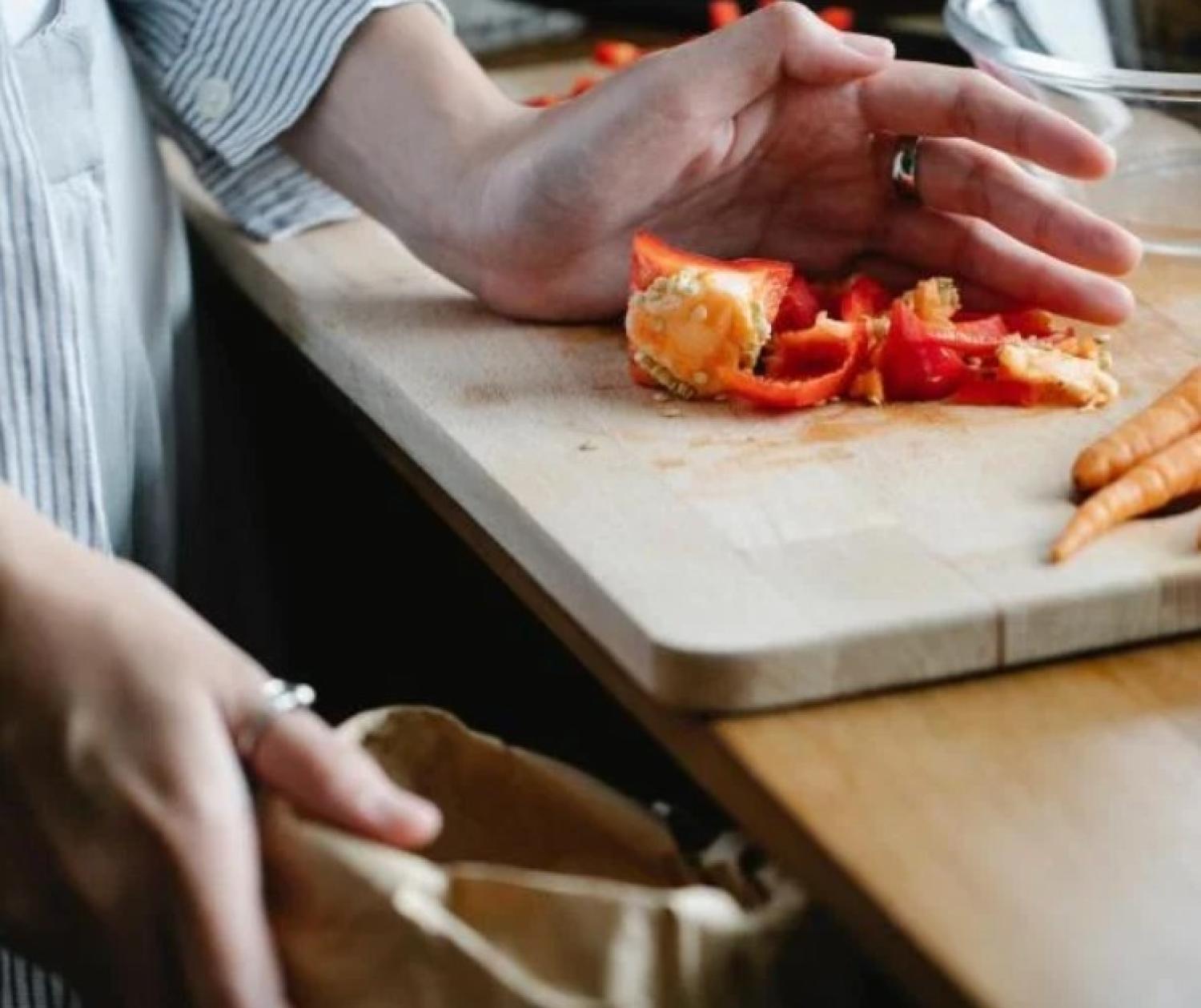Ways to reduce food waste

In the United States, 103 million tons of food are wasted annually, with the average person generating one pound of food waste daily. Food waste includes any edible food that is discarded instead of being consumed.
While often discussed in climate change conversations, reducing food waste also impacts other areas of life. By intentionally decreasing food waste, you can save money and consume better-quality foods. Here is information about food waste and how to reduce it.
Top wasted foods
Bread, milk and potatoes are the top foods typically thrown out each year. Keep this in mind when grocery shopping. Buy only what you need or can use before it goes bad. It can be helpful to also plan meals around the items you already have on hand rather than going to the store for more.
Expiration dates
One reason Americans waste so much food is due to misunderstanding expiration dates. The "best if used by" date refers to when a product will be at peak flavor or quality, while the "sell by" date tells the store how long they can display the product for sale. The "use by" date is the last date recommended to consume the product at peak quality. The "freeze by" date indicates when to freeze a product to maintain peak flavor or quality.
Composting
When you need to toss out food, consider composting it instead. The campus composting policy has recently changed due to changes with the composting service provider. Only food scraps and yard or plant trimmings are compostable on campus. Food scraps include bread, bones, cheese, eggshells, coffee grounds and produce. Yard and plant trimmings include leaves, twigs, flowers and grass.
Shop smarter
Before you grocery shop, take time to get organized. Make a weekly meal plan and only buy the foods you need to cover your planned meals and snacks. Create a shopping list to keep you on track at the store. This not only helps prevent food waste but can also help you save money. If you have leftover food, consider creative ways to incorporate those items into your daily meals and snacks or freeze leftovers to use later. Check out more meal planning tips.
Use foods in season
When you plan meals, consider items that are in season. There are many benefits to getting foods that are fresh and local. They taste better, have higher nutritional value and are more environmentally friendly. The Colorado Department of Agriculture has an easy-to-use guide that can help you pick local fruits and vegetables based on the season.
Find creative ways to save your food
Even with the best meal and food shopping plans, you can sometimes end up with more food than you can use. Here are a few tips to use the food you have on hand instead of letting it go bad.
- Freeze fruits and vegetables to use later.
- You can extend the life of herbs or save them for later by storing them whole in a freezer bag or chopping them and storing them in oil in an ice cube tray. You can also dry fresh herbs by hanging them in a dry location and then, once dry, crushing and storing them in glass jars.
- When you notice fruits or vegetables going bad in a bunch, separate the good ones to keep and discard the spoiled ones. This will help the good ones stay that way longer.
- Create an “eat first section” in your fridge for the items with the shortest shelf life so you can remember to use those first.
- Use leftover vegetables to make vegetable stock, which you can store in glass jars in the fridge or freeze to use later. This is also a great way to use any scraps you may have from preparing other dishes. Simply keep your scraps in a freezer-safe bag and pull them out once you’ve accumulated enough for a good pot of stock.
With a little effort, you can save money by using and saving your food instead of throwing it out.
Reduce food waste to practice sustainability
By reducing food waste, we can all do our part in creating a sustainable future. Start by double-checking expiration dates before throwing food away and consider composting instead of tossing items in the trash. With small changes to our daily routines, we can make a big impact on reducing food waste. Don't forget to track your sustainable actions in the AWorld app! It makes it easy to see your positive impact on the environment. Download the app and join the CU team today!


